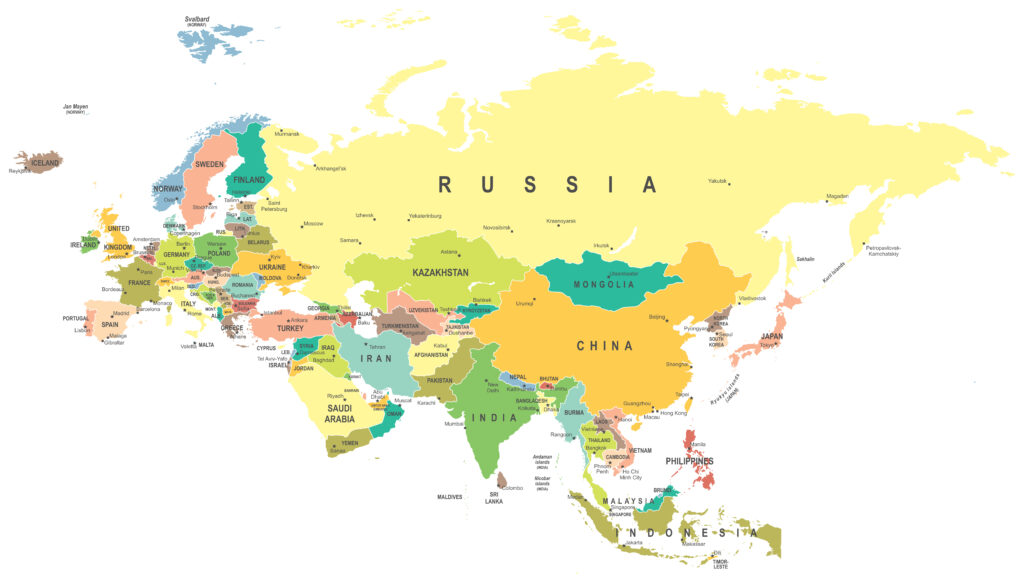
By Dasha Litvinova, AP, 12/13/21
MOSCOW (AP) — Russian authorities on Monday backed away from introducing some of the restrictions for the unvaccinated that were announced a month ago and elicited public outrage all across the vast country where vaccine uptake remains low.
The speaker of the State Duma, Russia’s lower parliament house, on Monday announced the withdrawal of a bill restricting access to domestic and international flights and trains to those who have been fully vaccinated, have recently recovered from COVID-19 or are medically exempt from vaccination.
The bill, along with another outlining similar restrictions in many public places, had been expected to go through the first reading on Thursday, but speaker Vyacheslav Volodin cited “a joint decision by the State Duma and the government” to withdraw it from the parliament’s agenda for now. The other bill is still going forward.
“We need to be balanced when working out these decisions so that the opinion of the people is taken into account,” Volodin said.
The two bills were introduced a month ago, as Russia was struggling with its deadliest and largest surge of COVID-19, which came amid low vaccination rates, lax public attitudes to taking precautions and few restrictions. Officials said the new measures would take effect in February 2022, but the suggested restrictions proved unpopular almost immediately after they were announced.
Russians in different regions started staging protests against the restrictions and launching online petitions against them. Volodin’s own post about the restrictions on the social messaging app Telegram received hundreds of thousands of comments opposing the new measures.
Less than 50% of Russia’s 146-million population has been fully vaccinated so far, even though Russia was among the first in the world to approve and roll out a coronavirus vaccine a year ago. Experts have cited deep-rooted vaccine hesitancy and the vaccine’s rushed approval, as well as the government’s confusing messages about the seriousness of the outbreak.
It remains unclear whether the bill restricting plane and train travel for the unvaccinated will be re-introduced at a future date. Russia’s Transport Ministry told the RBC news site that it would continue working on improving the bill.
The second bill that would allow regional authorities to bar those who can’t provide proof of vaccination, proof of recent recovery from COVID-19 or medical exemption from immunization from many public places starting February is still expected to pass the first reading on Thursday.
Deputy Prime Minister Tatyana Golikova, who runs Russia’s state coronavirus task force, said Monday that vaccine certificates will also be issued to Russians who received foreign vaccines or have been inoculated with Sputnik V, one of four domestically developed jabs currently on offer in Russia, in other countries.
To obtain them, however, Russians will have to test positive for coronavirus antibodies, and their vaccine certificates will only be valid for six months instead of a year. Golikova didn’t offer an explanation for this.
Golikova also announced that a total 16 Russians out of 177 who have recently returned to the country from South Africa recently were confirmed to have been infected with omicron — the new variant of coronavirus about which much remains unknown at this point, including whether it is more contagious, whether it can make people more seriously ill and whether it can thwart COVID-19 vaccines.
The first two cases of omicron were reported by Russia just a week ago.
Russian authorities banned for all foreigners traveling from countries in southern Africa and Hong Kong and required all Russian nationals returning from South Africa or neighboring countries to quarantine for 14 days because of the omicron variant, which was first reported by scientists in South Africa.
In all, Russia’s state coronavirus task force has reported more than 10 million confirmed coronavirus cases and 289,483 deaths. However, a report released Friday by the state statistics agency Rosstat, which uses broader criteria, put the overall number of virus-linked deaths between April 2020 and October 2021 to over 537,000 — almost twice the official toll.